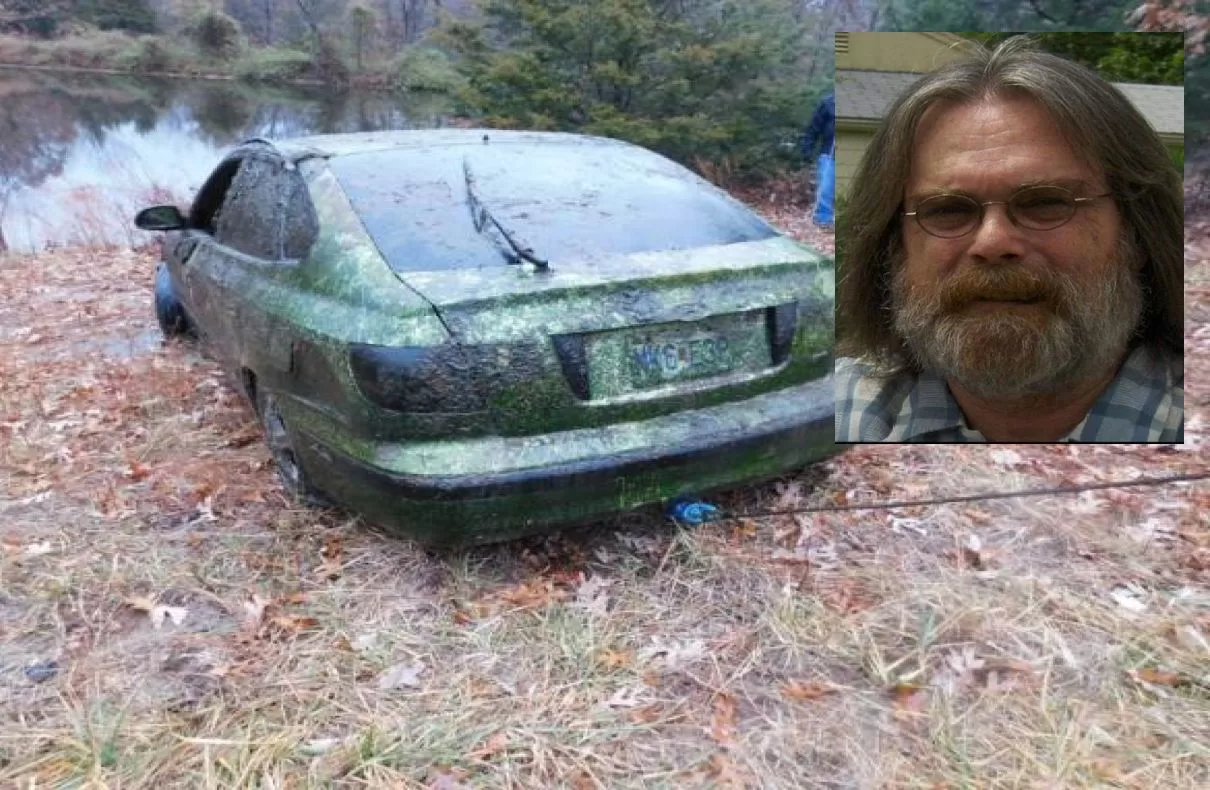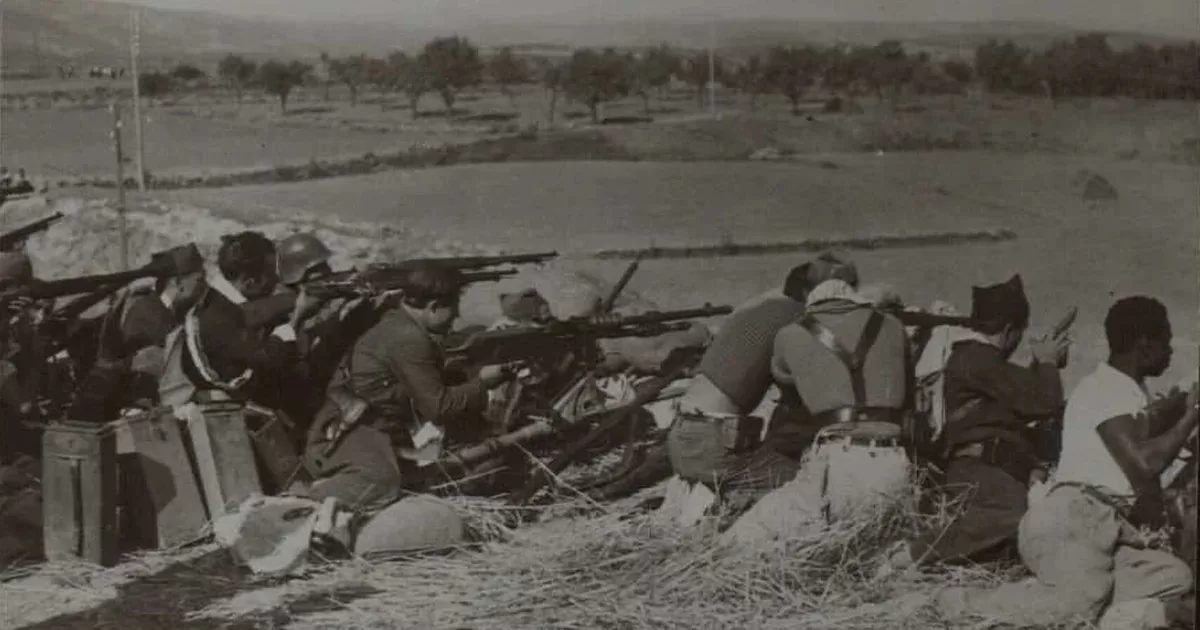
For the Bishop of the Honduran Diocese of Danlí, Monsignor Jose Antonio Canales, in Nicaragua at least two events have happened that have never been seen in recent history. The first is that the Daniel Ortega regime expelled his ambassador, the Apostolic Nuncio, Monsignor Waldemar Sommertagin March of last year. “I don’t see any recent record of that happening globally,” she says. The second is that a bishop has been imprisoned. Mgr Rolando Alvarez He was detained by the Nicaraguan police on August 19, 2022 and is under judicial process.
But in Nicaragua there have been more attacks against the Catholic Church. This January 26, the justice of the Nicaraguan regime sentenced the entire team that accompanied Monsignor Álvarez at the time of his arrest, made up of four priests, two seminarians and a cameraman, for the crimes of “treason against the fatherland and “propagation of false news”, two recurring crimes to imprison for political reasons.
According to the Nicaraguan researcher, lawyer Martha Patricia Molina, from 2018 until last November, the Catholic Church It has suffered at least 396 attacks by the Ortega regime, ranging from beatings, imprisonment, defamation, to exile and threats, among others.
Monsignor José Antonio Canales is bishop of a neighboring Nicaraguan diocese and secretary general of the episcopate of Central America (SEDAC). He lives attentive to the crisis of his neighbors and spoke with Infobae about the issue given the impossibility of Nicaraguan hierarchs or priests being able to pronounce on his situation without suffering reprisals.
-What relationship do you have with Nicaragua?
-In the first place, with Nicaragua it is a relationship of faith because in the church there are no borders. The borders are held by the countries. Countries have customs, but in the church we have neither borders nor customs. We are one people. And where one suffers, we all suffer and where one rejoices, we all rejoice. Secondly, it is my geographical proximity. We are Central Americans and I am in a diocese that has a long border with Nicaragua. Nicaragua is 35 minutes from the bishopric of Danlí, where I reside. I am closer to Nicaragua than to the capital of Honduras, Tegucigalpa.
-He also has a friendly relationship with bishops and priests of Nicaragua.
-Of course. I have friendship and brotherly relations with Cardinal Brenes and the Nicaraguan bishops. We are part of the Episcopal Secretariat of Central America (SEDAC) therefore all the Central American bishops maintain a relationship, and last November I was elected secretary general of the Central American episcopate, that makes me live more closely what happens in the countries of Central America.

-How would you explain what is happening with the Catholic Church of Nicaragua?
-It is difficult to explain from the outside what is difficult to understand from within Nicaragua. The illegitimate government of Nicaragua has overshadowed and closed the voices that could give the version of what is really happening. Even in Nicaragua itself, there are difficulties to really understand what is happening when the only thing that is heard is the voice of the government.
-Is there persecution of the Catholic Church in Nicaragua?
-Everything is very visible in that sense. The project is to make a totalitarian state. A project very similar to what we have in other parts of the world. Like Iran, Venezuela, these countries that have a single party, that control dissident voices and only the voice of the government is heard. In that desire to be a totalitarian state, it is normal that they want to dismantle everything that is contrary to them. And the institution that has been declared enemy number one for the Nicaraguan government is the Catholic Church. That is more than obvious. They have already dismantled everything and the last thing they want to eliminate, if possible today, is the Catholic church.
-Is there a comparison between the situation of the Catholic Church in Nicaragua and what is happening in other countries in the region?
-The government of Venezuela had serious conflicts, and continues to have them, with the episcopate and the Venezuelan church, but it did not reach these extremes that the government of this family (Ortega Murillo) has reached. Even the ideologically left-wing countries are standing out because this is a family dynasty, and they have said: please do not say that Nicaragua is a left-wing government because we do not want an extreme left ideology to be confused with what is happening in Nicaragua, which is a family dynasty. The Catholic Church represents the strongest institution that could endanger the projects that they have of totalitarianism.
– Does the personality of Rosario Murillo have to do with this particular persecution?
They say that the power in Nicaragua is really held by this lady and from the way she acts it gives the impression that this is the case. Of course, her husband is no less responsible, because the two of them are the ones who are making the majority of Nicaraguans suffer. They are sinking the country. It is the one with the weakest economy in Central America and could be a country of progress and economic prosperity, because Nicaragua has many natural and tourist resources.
Is Mrs. Murillo’s “sui generis” religiosity related to this persecution or is she unrelated to it?
Personally I don’t know, I can’t say that she practices this or that because I don’t know, but what is said is that she is a person closely linked to these things of the occult sciences. I think that a person who is involved in these types of activities is very far from true Christianity. She unfortunately presents herself as a Christian, but if her god is the occult forces and all these things, I don’t think she is a person who really practices Christianity.
-There has been talk of negotiation channels between the hierarchy of the Catholic Church of Nicaragua and the government. Do you think that this is happening? Do you know anything about this?
It can exist. I have no reason to say otherwise. What does seem very difficult to me, already at the level of the Holy See, of the Vatican, is that it has not even been possible to give a reasonable explanation for the expulsion of the Apostolic Nuncio and there is a gap that has not yet been repaired. The Holy See still does not have an explanation for the reasons why the Apostolic Nuncio was expelled. There are two unprecedented things that have happened in the last two years. Expelling an Apostolic Nuncio, I don’t see recent records that this has happened worldwide and more so that it happens in a predominantly Catholic country and, secondly, placing a bishop under arrest. In the hardest times in America this never happened and it has happened in Nicaragua now.

-The silence of the Nicaraguan Catholic hierarchy has been criticized.
It is one thing to be watching the fire and another thing to be inside the house that is on fire. I trust that the Nicaraguan bishops are acting in the best possible way while they are inside the house that is on fire. I really respect the way they act. Those of us outside can talk, but the situation is different.
-It has also been pointed out that Pope Francis has lacked energy to pronounce himself on the Nicaragua case as he has done with other situations in the world.
They are very different situations. In this case it is the state. The Pope has referred to attacks by other religious groups or a sector of the population, but it is not very frequent that this happens at the government level.
-But you said that the Vatican has been left owing an explanation about what has happened in Nicaragua.
I can’t qualify. What I do know is that there is an expulsion of the Nuncio and that it has not been explained or resolved. There is no new Nuncio in Nicaragua and therefore something is happening so that there is currently this gap between the Holy See and the Nicaraguan government.
-What do you know about Monsignor Rolando Álvarez?
We know very little. Cardinal Brenes has told us that he is in good health. Psychologically any of us will not do well to be between four walls. An experience like the one Monsignor Álvarez is living is difficult for any human being. What we know is that physically he is fine, and I think spiritually too because he is a man who knows what is happening and is a very brave person who is setting an example for all of us.
-The team of priests and lay people who worked with Monsignor Álvarez has already been sentenced.
They have a system: fear. Dominate people with fear. With these sentences they are not only punishing, in quotes, those involved, but they are sending a message to others: “Don’t mess with us because the same thing is going to happen to you.” The condemnation, in quotes, because those courts are very questionable.
-You, the Central American Catholic hierarchy, did you see the signs that this would happen in Nicaragua or did it take you by surprise?
The Sandinista Front has long been divided into two: those who consider themselves authentic anti-dictatorship Sandinistas and more pro-democratic, and the Sandinistas who became Ortega supporters. With Ortega there have always been difficulties. Since the 80s the first clashes have already begun. Priests attacked. We are talking about 40 years ago. The clash with them is 40 years old. For example, the lack of respect for the visit that John Paul II made to Nicaragua in 1983.

-Is there any effort at the church level to protect Nicaraguan priests?
In Central America and the rest of the world we are ready to receive priests who request to come because they are suffocated and there is no way to carry out their priesthood due to their positions. Ideally, they remain suffering with their people, but some of us have certain strengths that have to do with psychology and spirituality and other people do not. But we are ready to receive Nicaraguan brothers for whom it is healthier to go out, according to an analysis that they carry out together with their spiritual director. But hopefully they could stay to fight with their people as Monsignor Rolando Álvarez wants.
– Are you appealing to the vocation of martyrdom that exists in the church?
Martyrdom is not sought. The great martyrs of the Church did not want to die. On the contrary, they wanted to continue living because they were carrying out a mission that was very important to them. But martyrdom comes when the person wants to die the least, because he is carrying out a mission to which he is dedicated.
-Is the church in Nicaragua experiencing martyrdom?
Of course. None of the actors in the Nicaraguan church want to be imprisoned or dead. They want to be with his people. Especially the personality of Monsignor Rolando Álvarez, who is overwhelming. A man who, if he has to cross a river perched on a tree trunk, passes it. Nothing stops him in his mission. For him this confinement must be very hard because he is very extroverted.
Keep reading:


